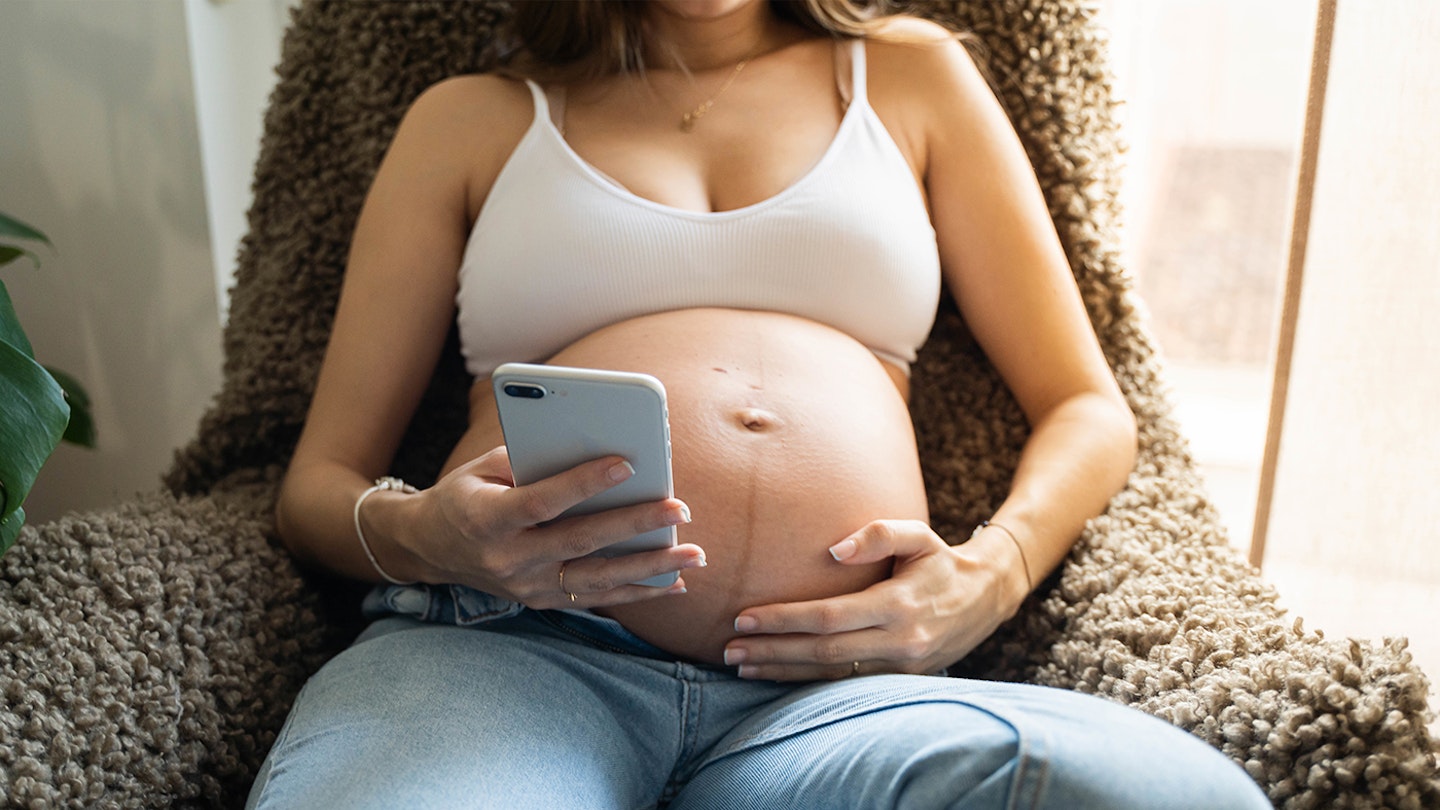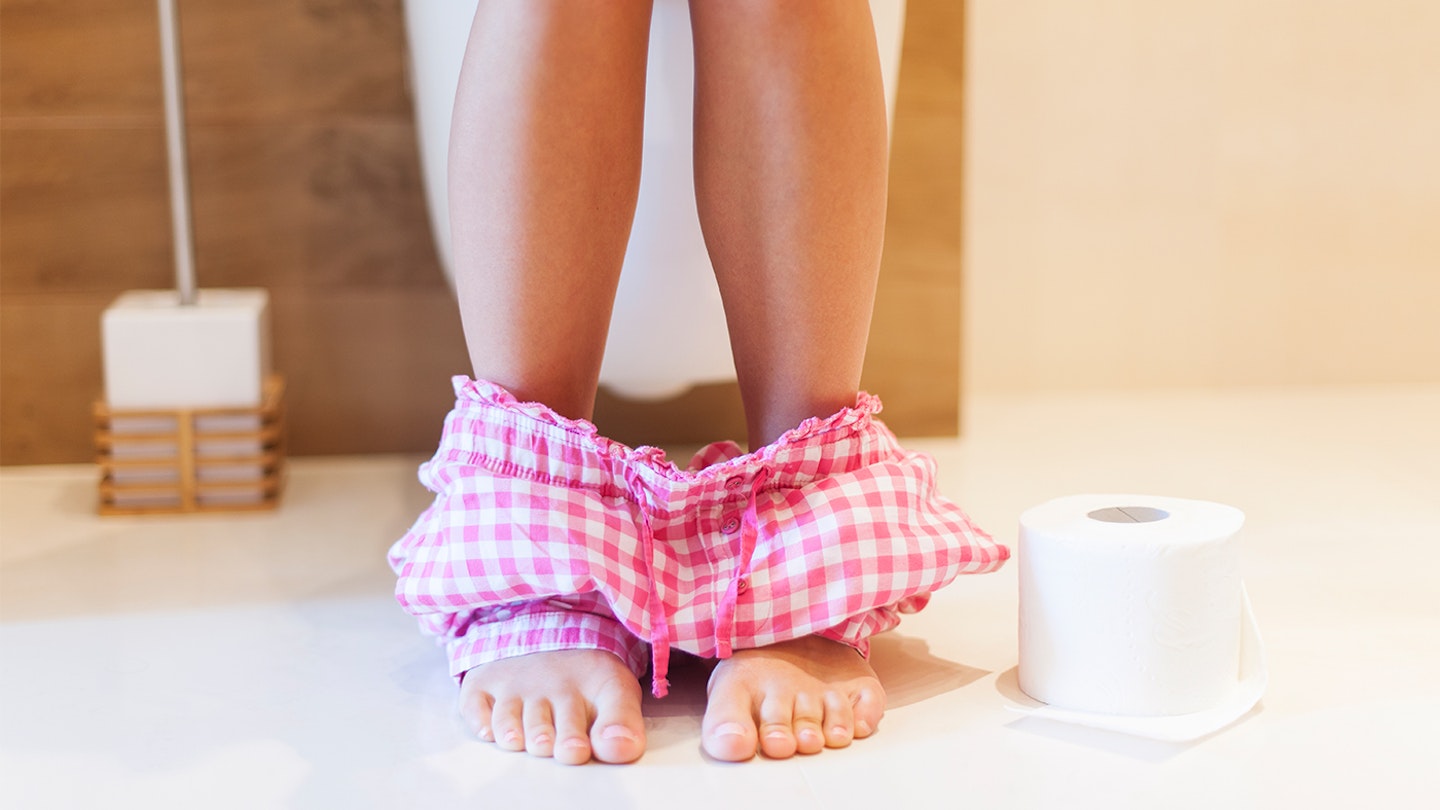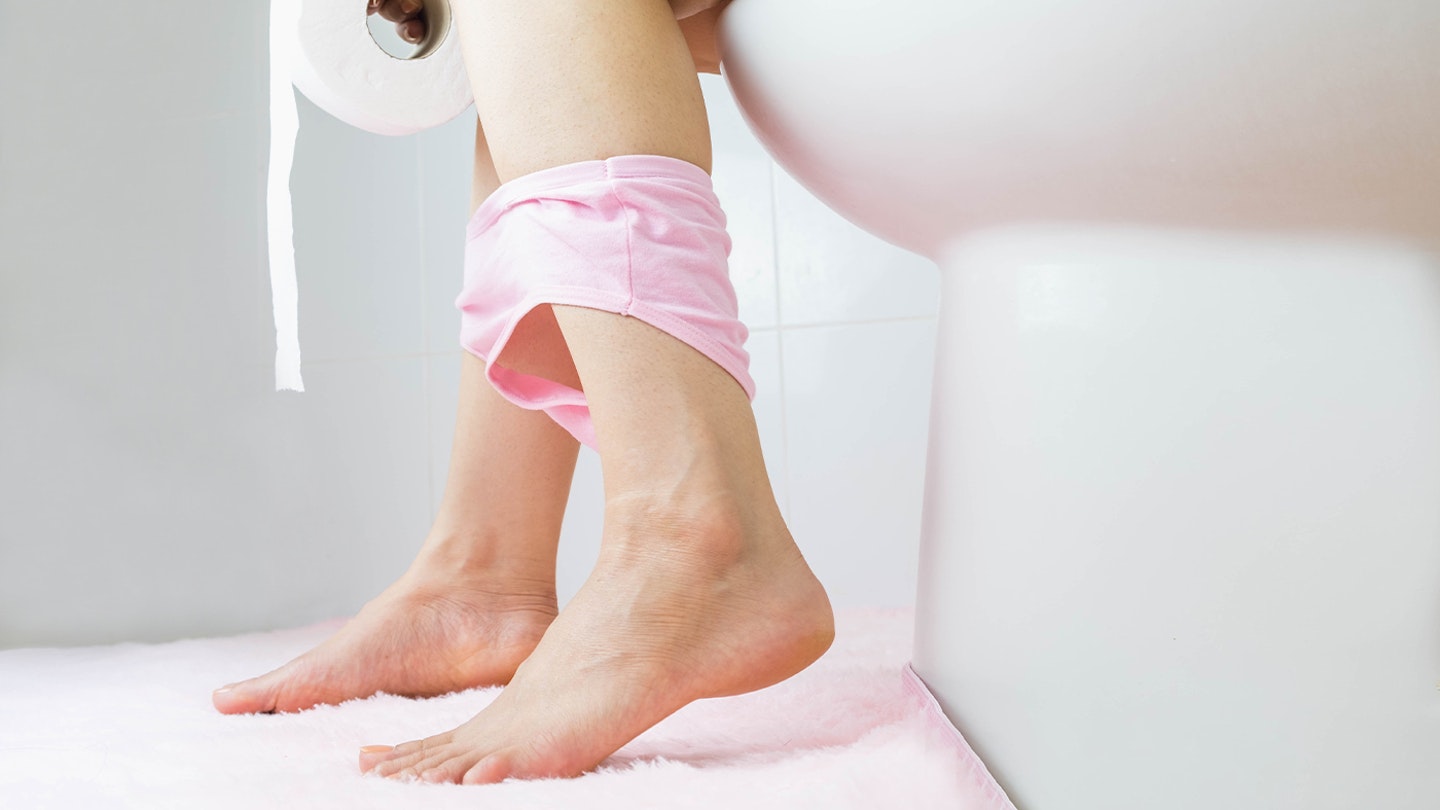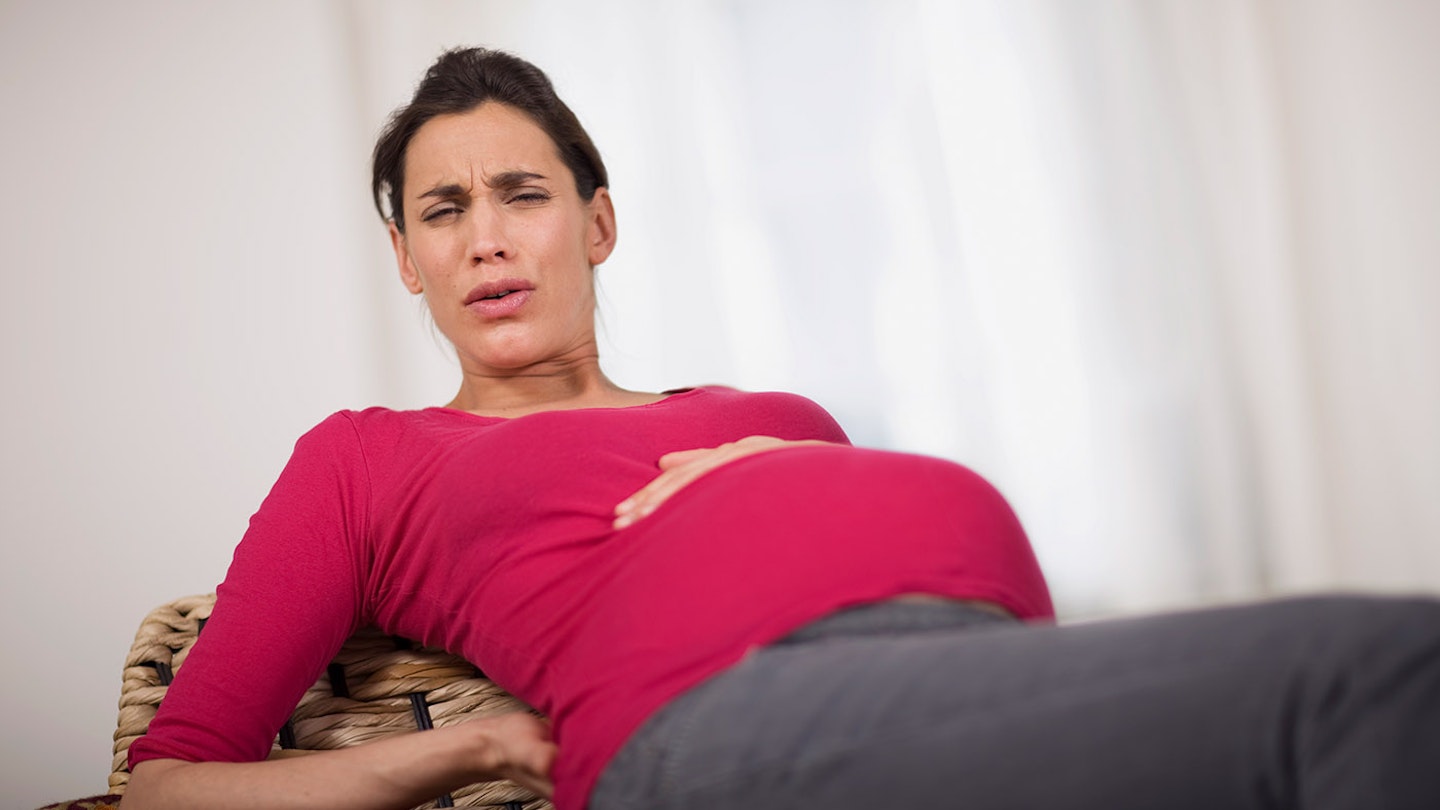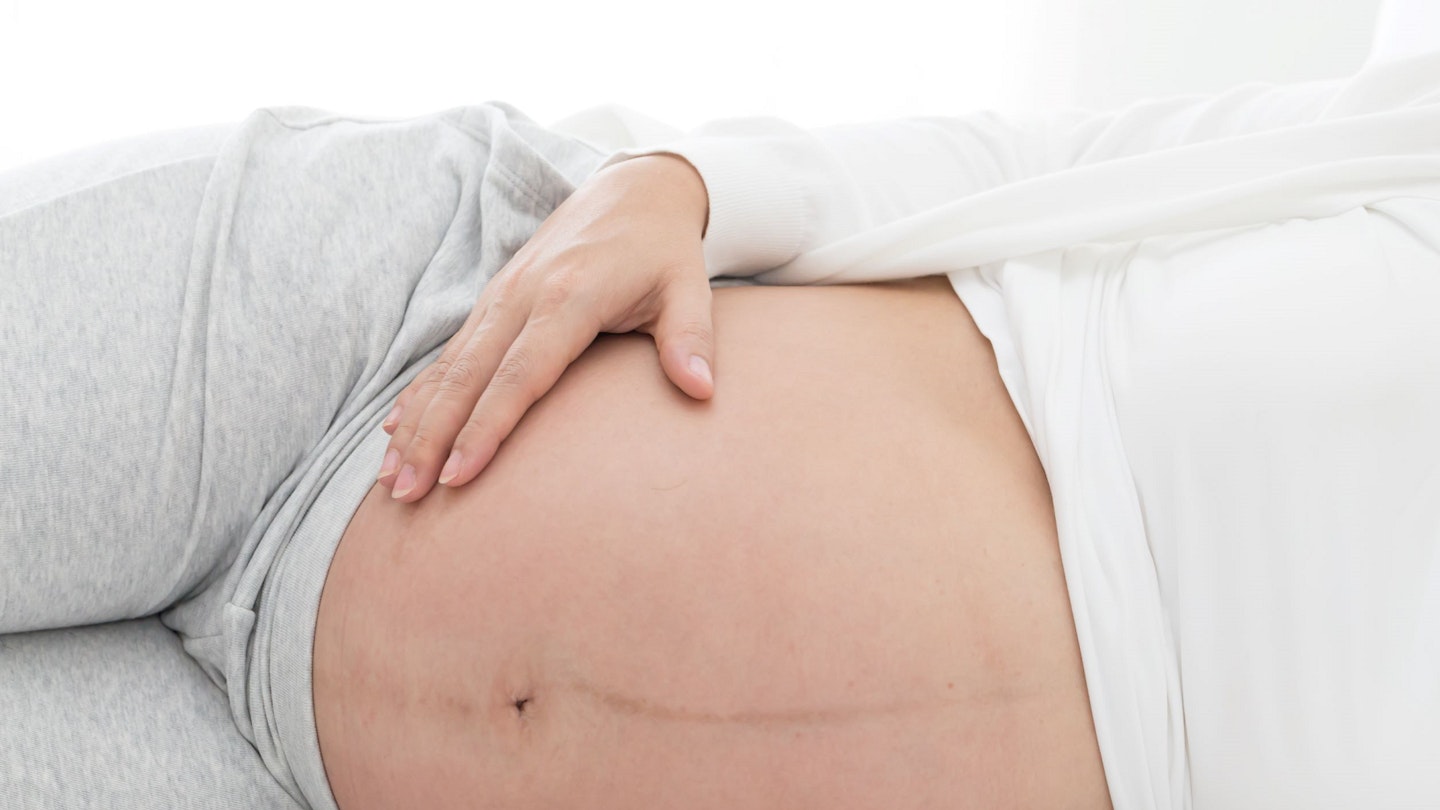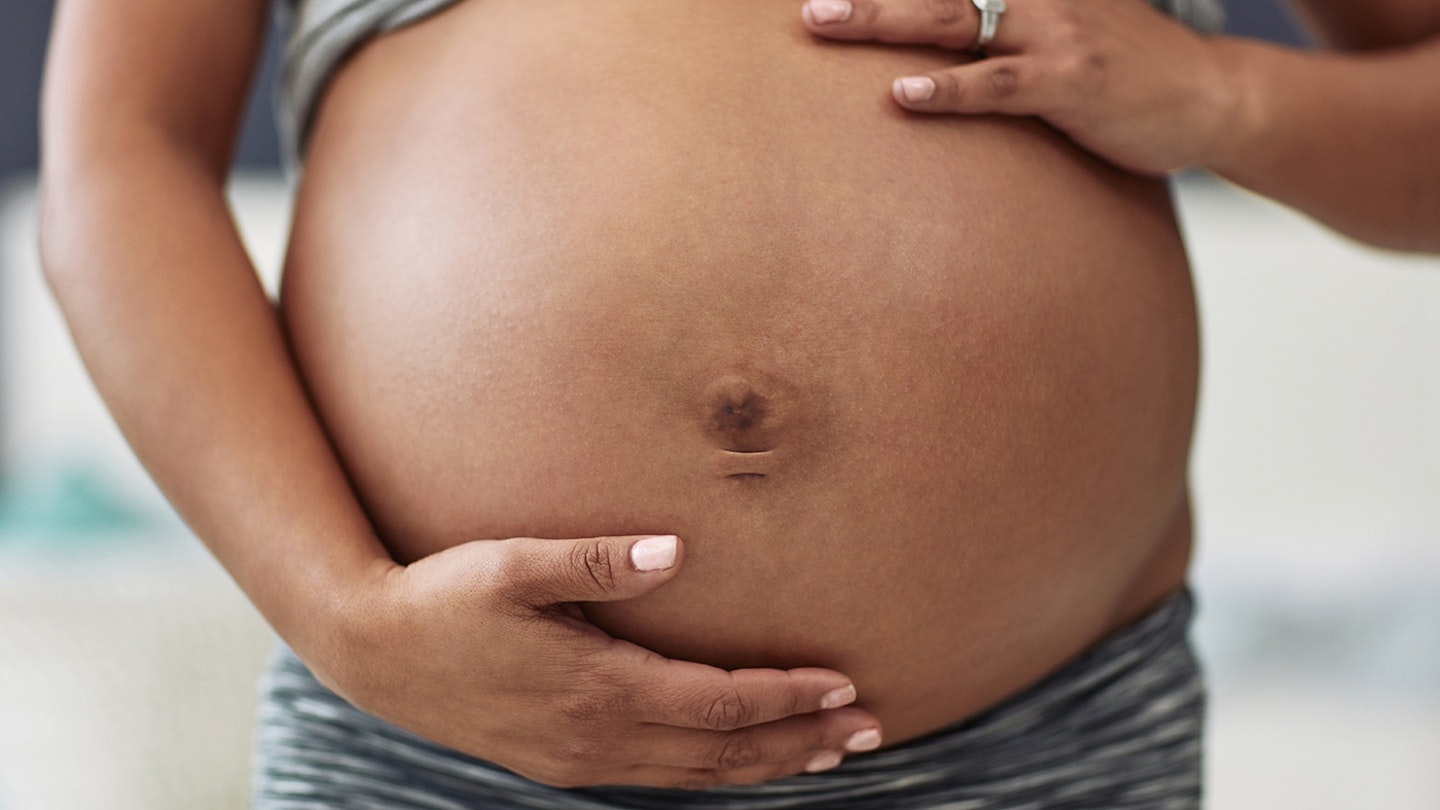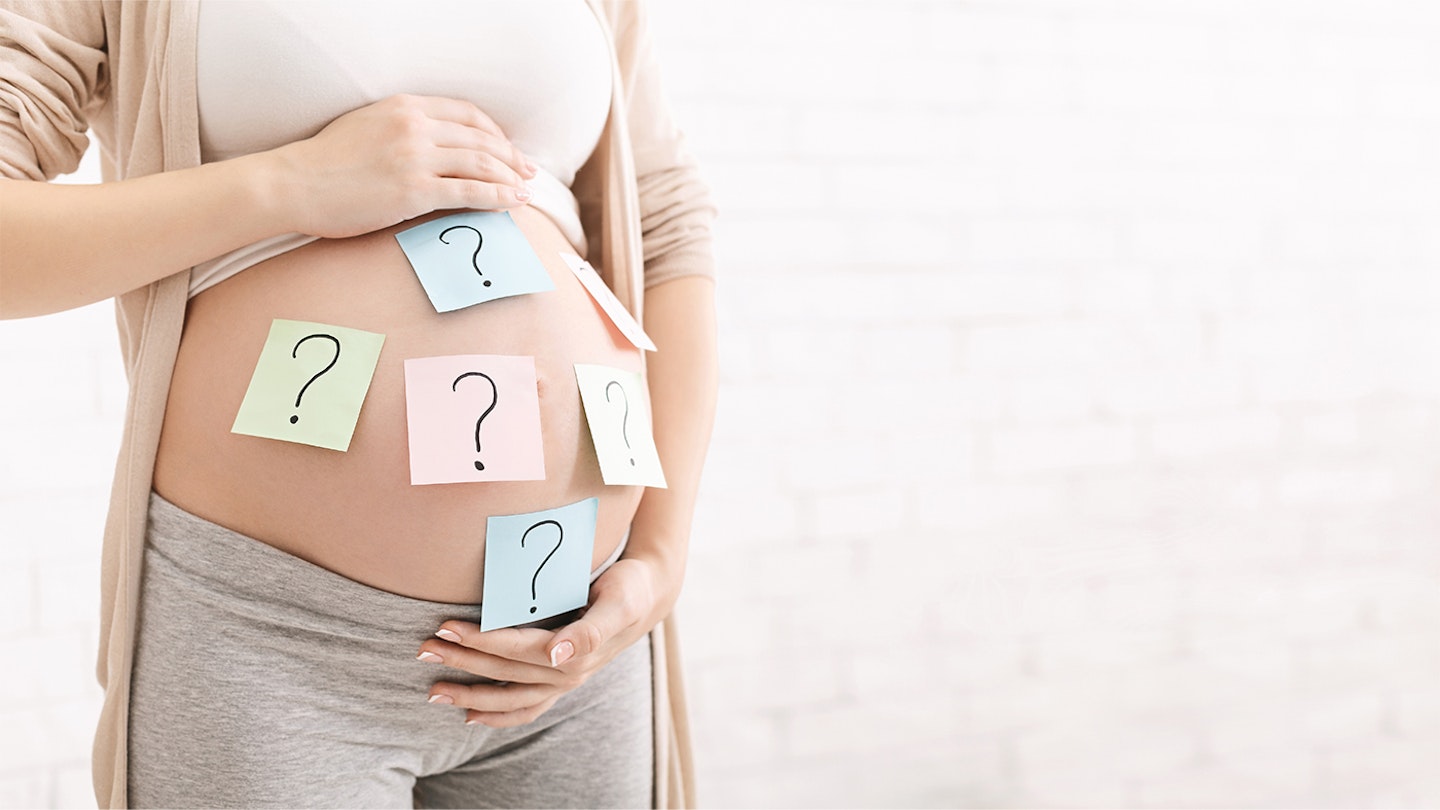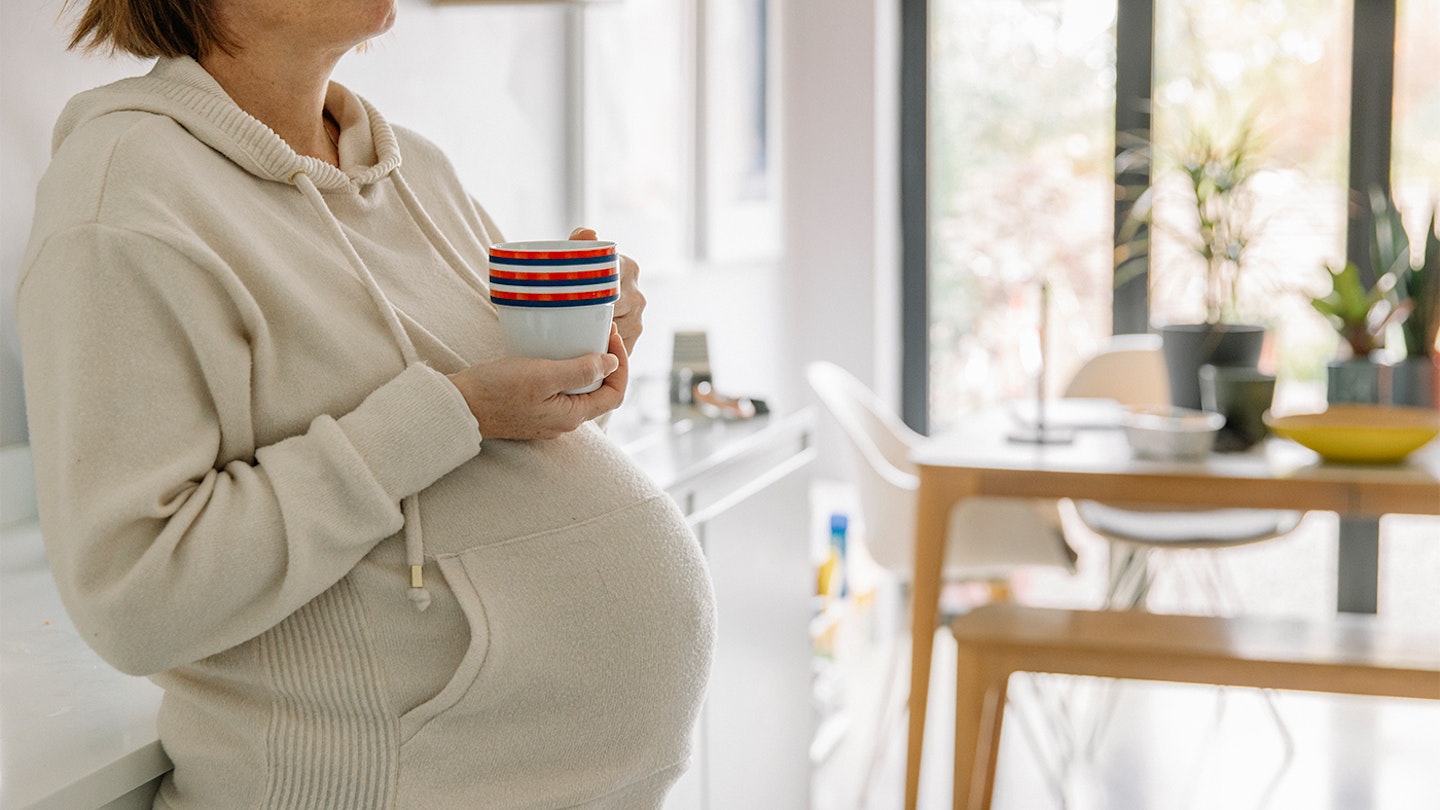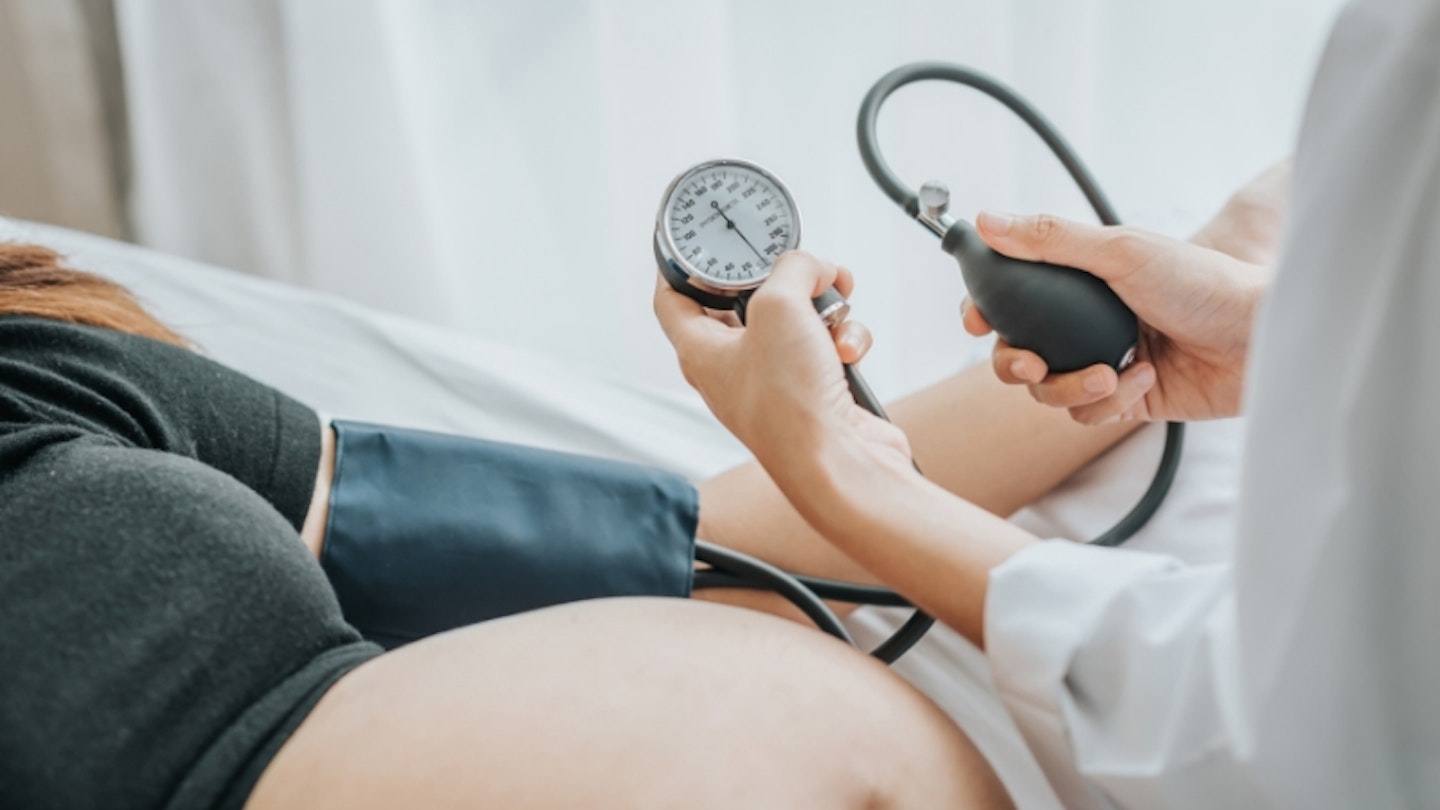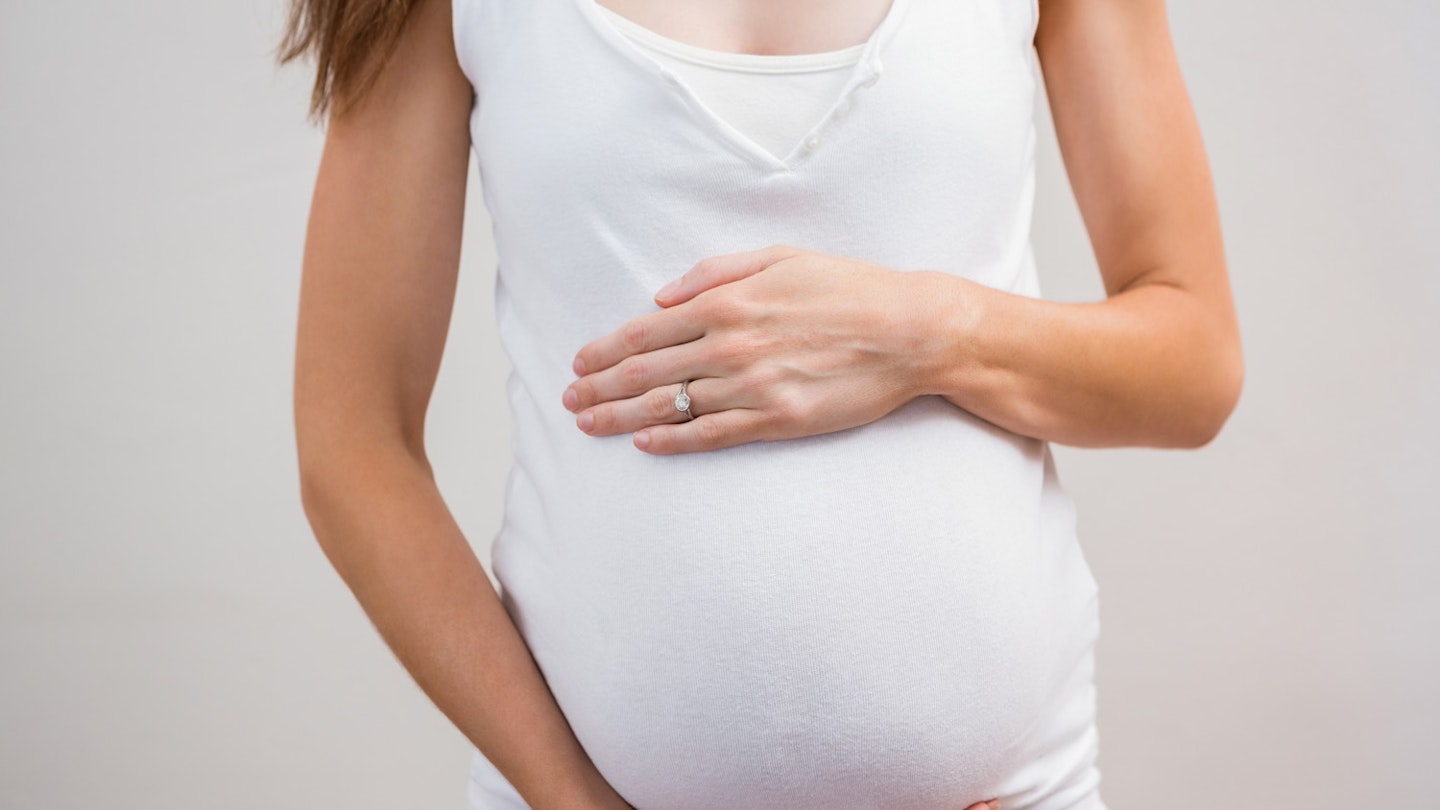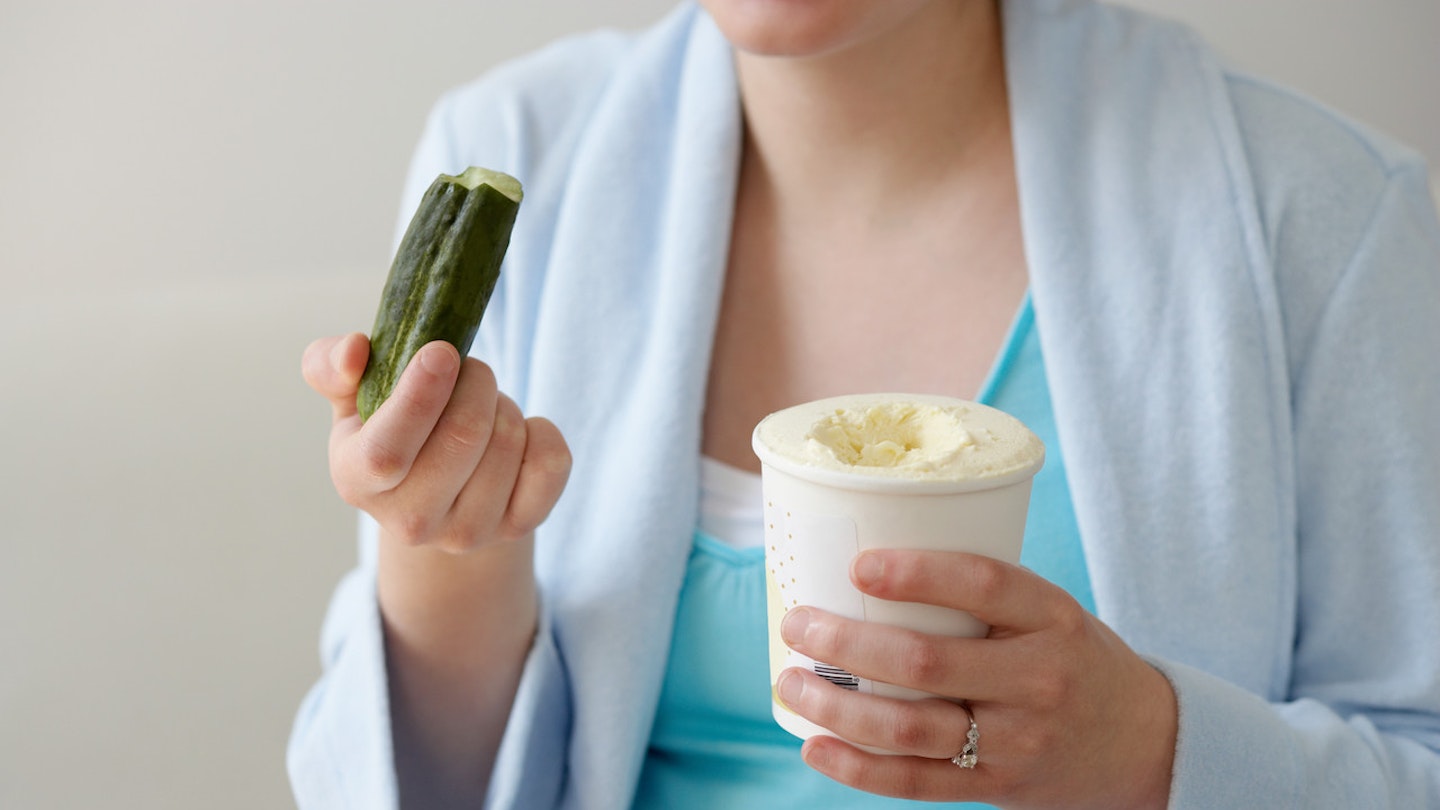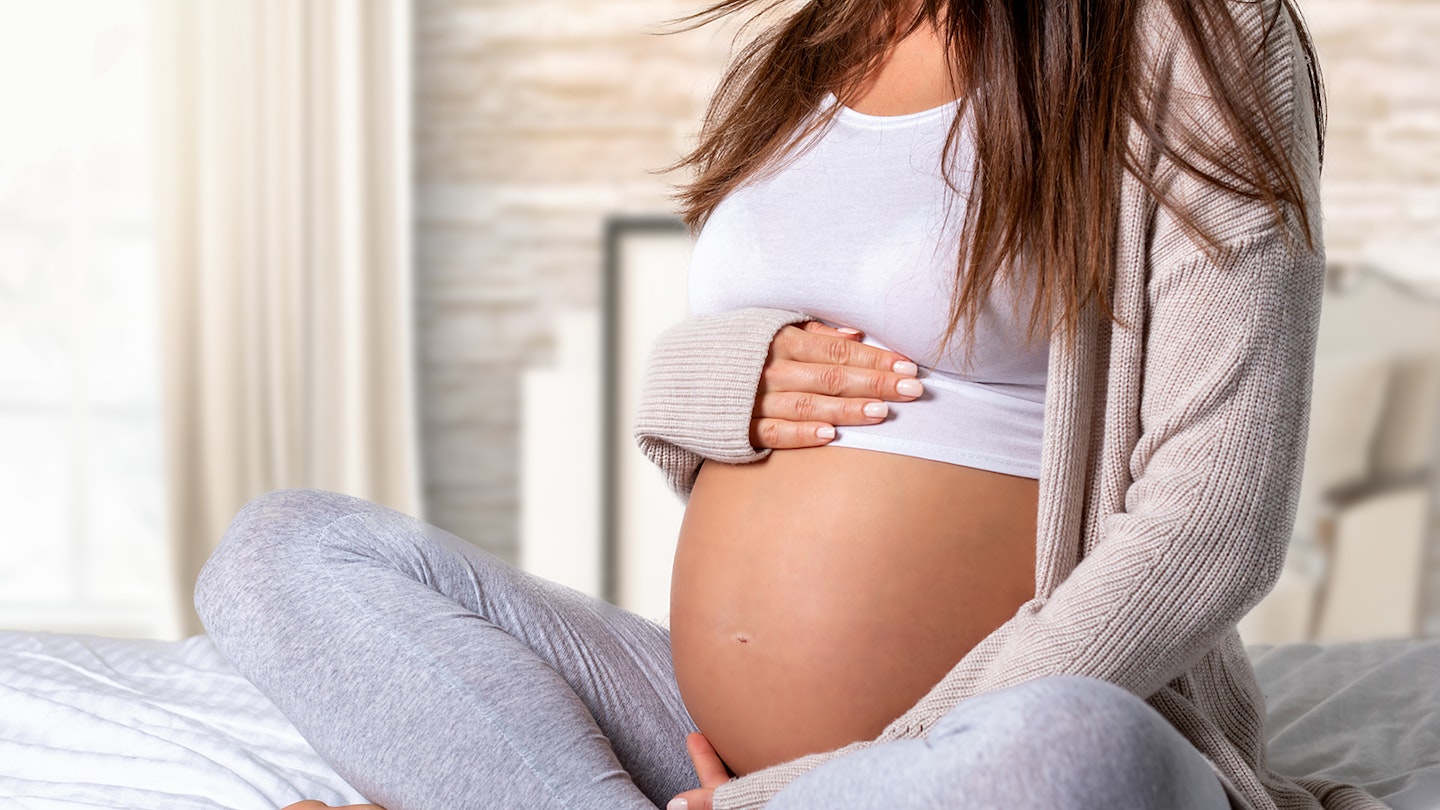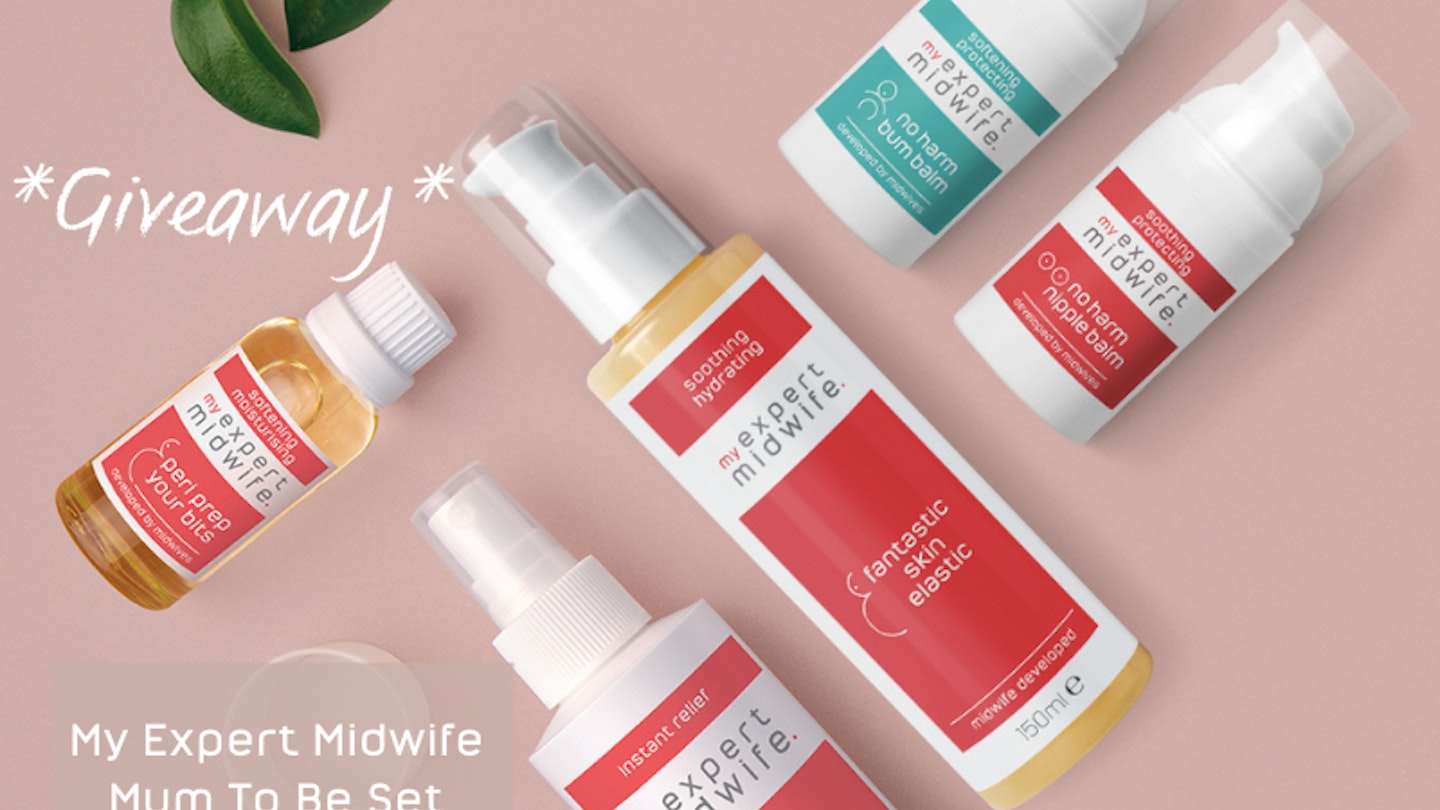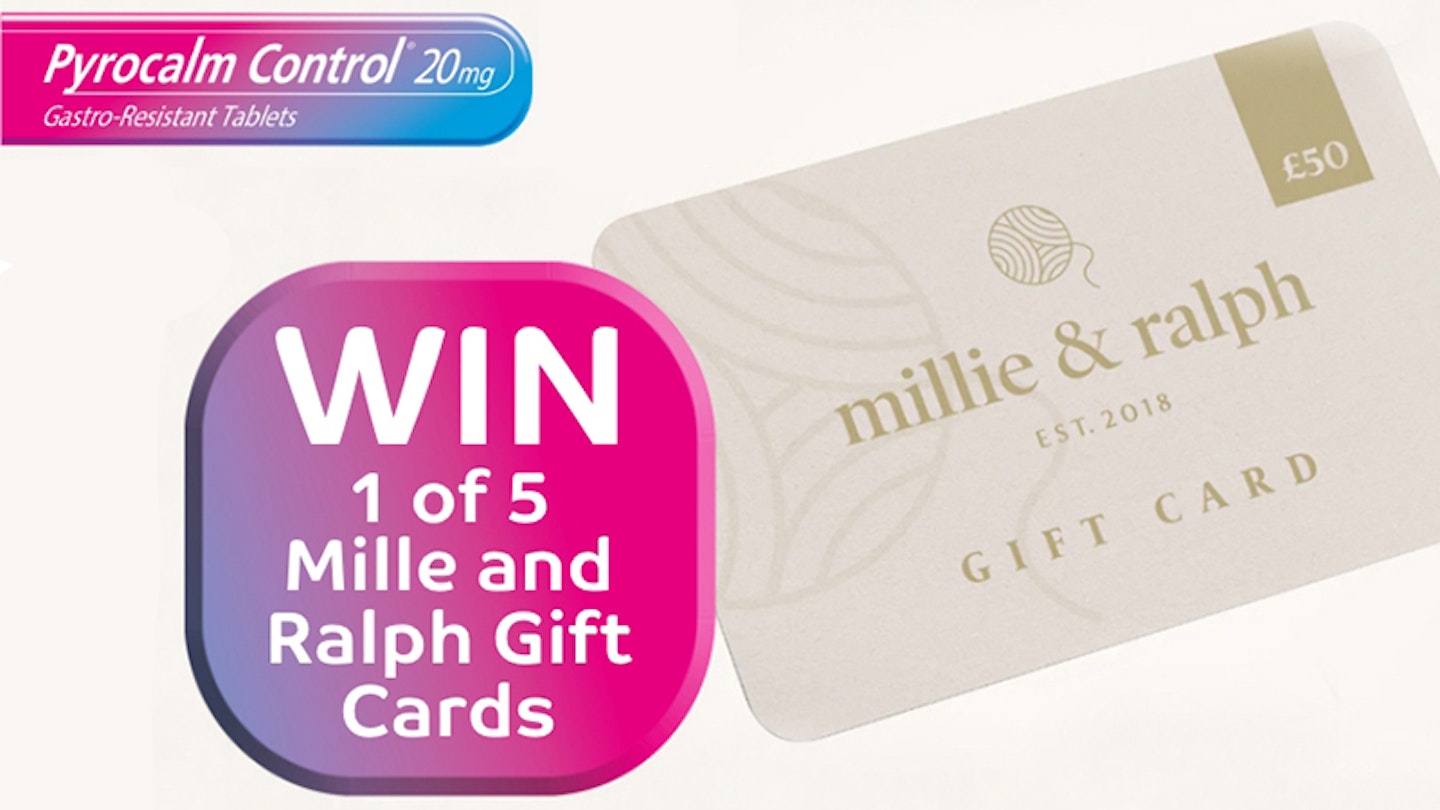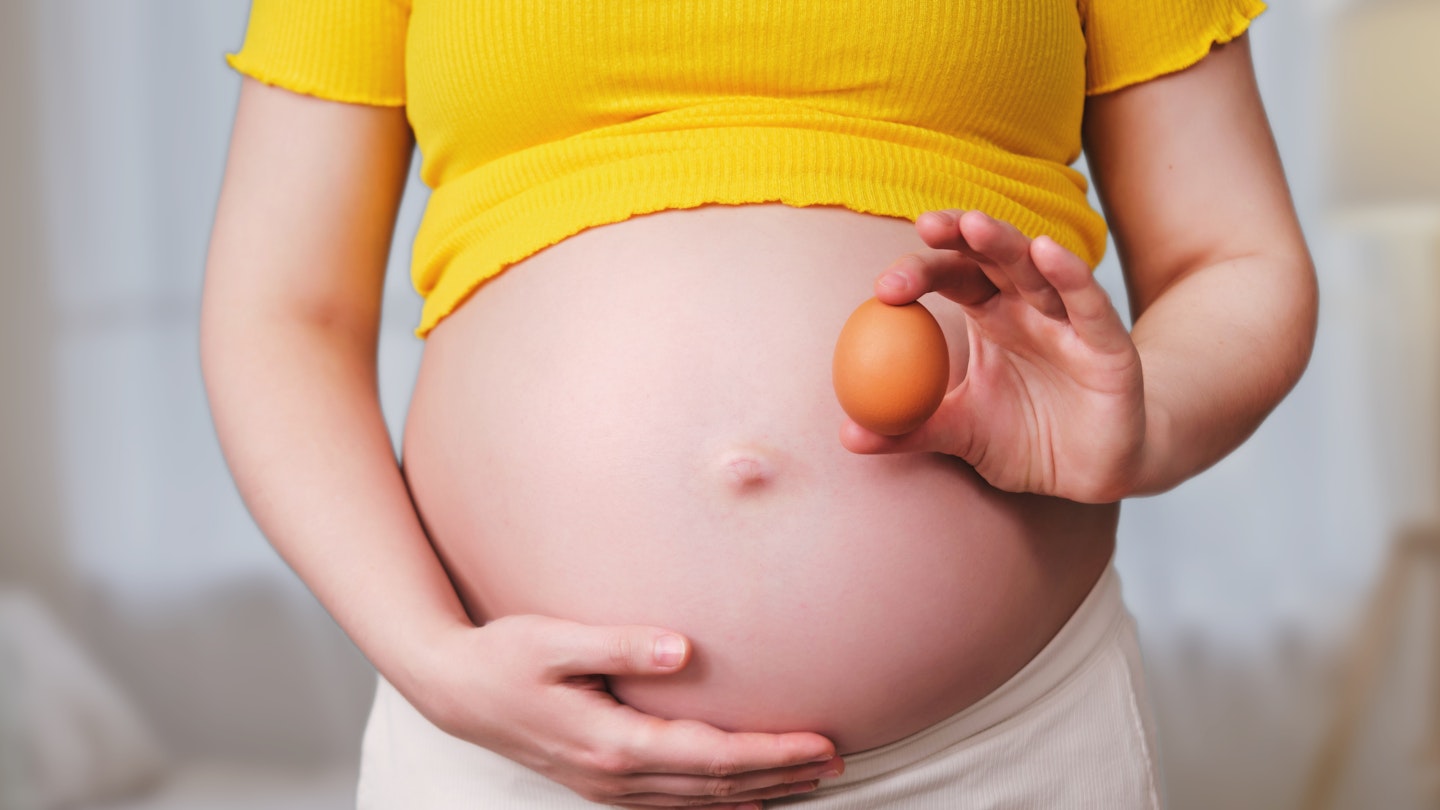Health and Wellness
When you’re trying for a baby, getting up close and personal with your...
When you’re pregnant, you’re much more in tune with your body, just...
This article has been medically reviewed by Dr Tiffany Pham, OB-GYN and Medical...
Being pregnant comes with a lot of side effects, some less glamorous than...
There’s nothing worse than a cough that you just can’t shake,...
Have you been wondering about that vertical dark line that appears on your...
Of your whole body, your belly goes through the most change when you’re...
Morning sickness is something we've all heard about and fear during pregnancy. But when should we expect this pesky symptom and what exactly does it mean?
We’ve all heard of those stories of women who gave birth without knowing...
You only need to look at your mother and grandmother’s generation to...
If you’re expecting a baby and have heard the term “colostrum harvesting”...
